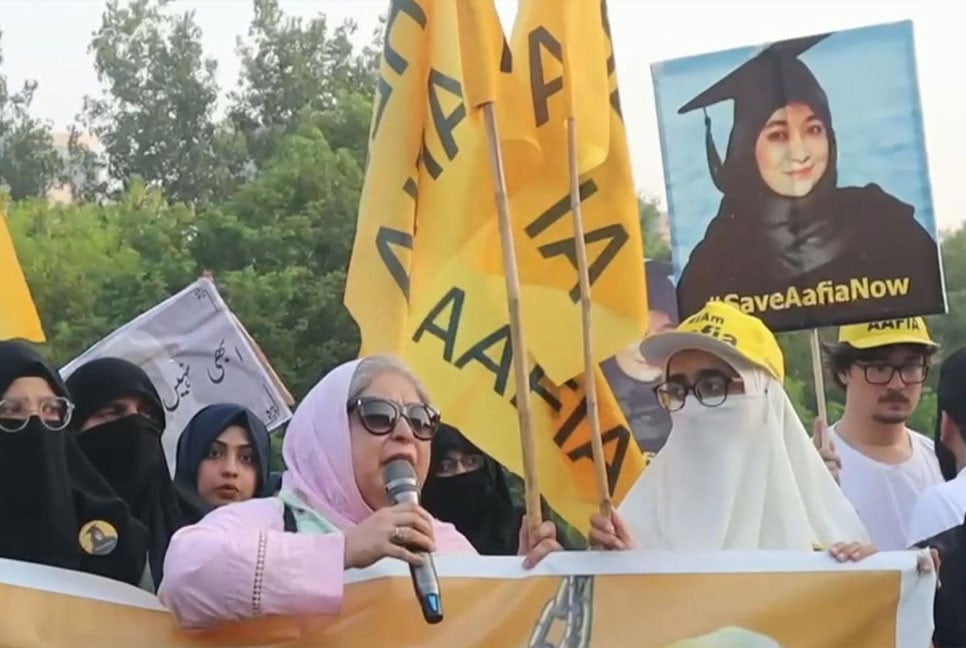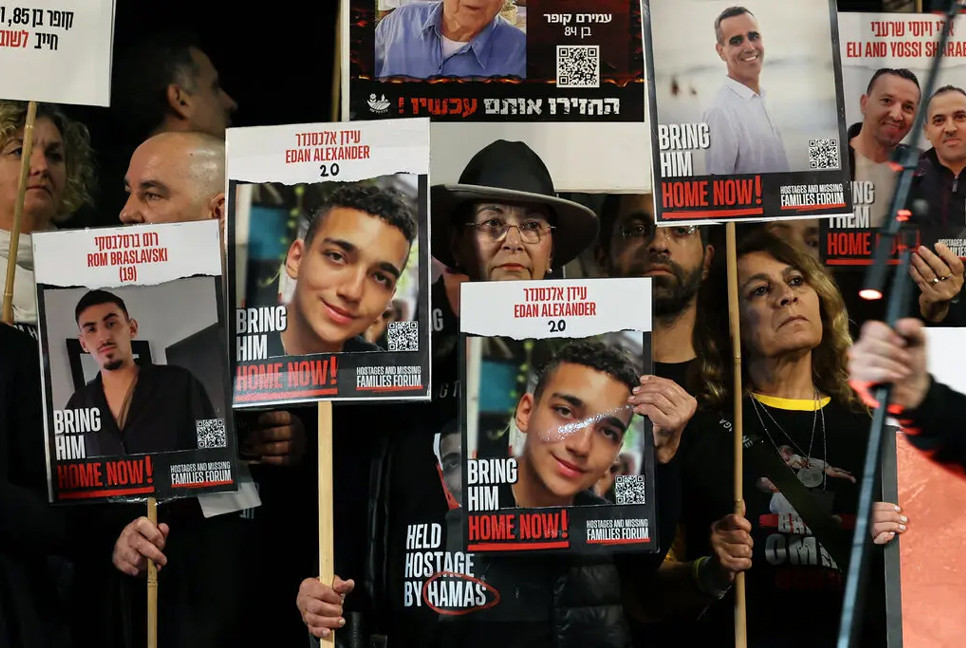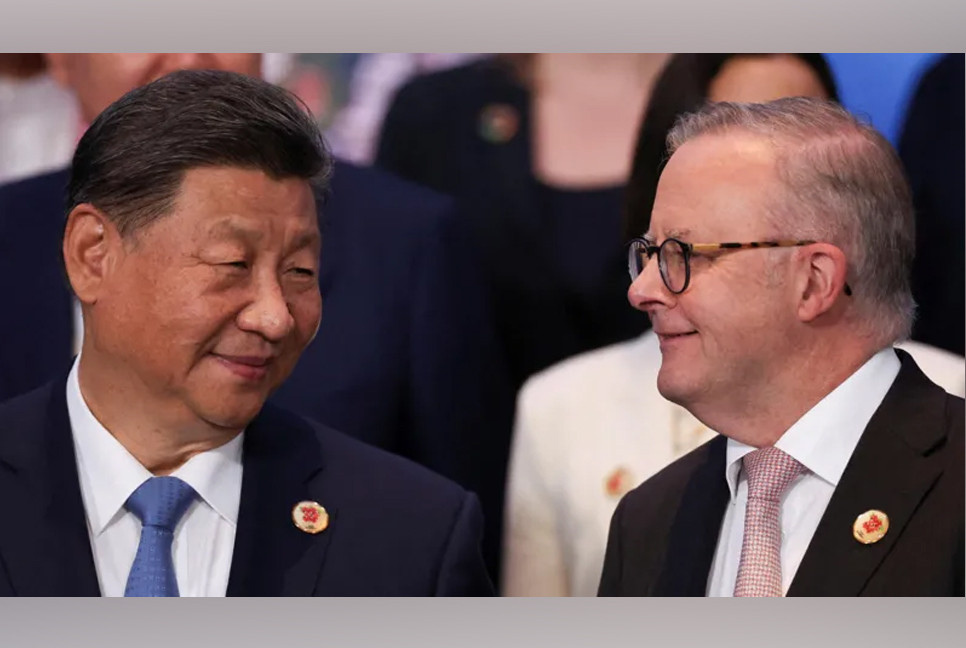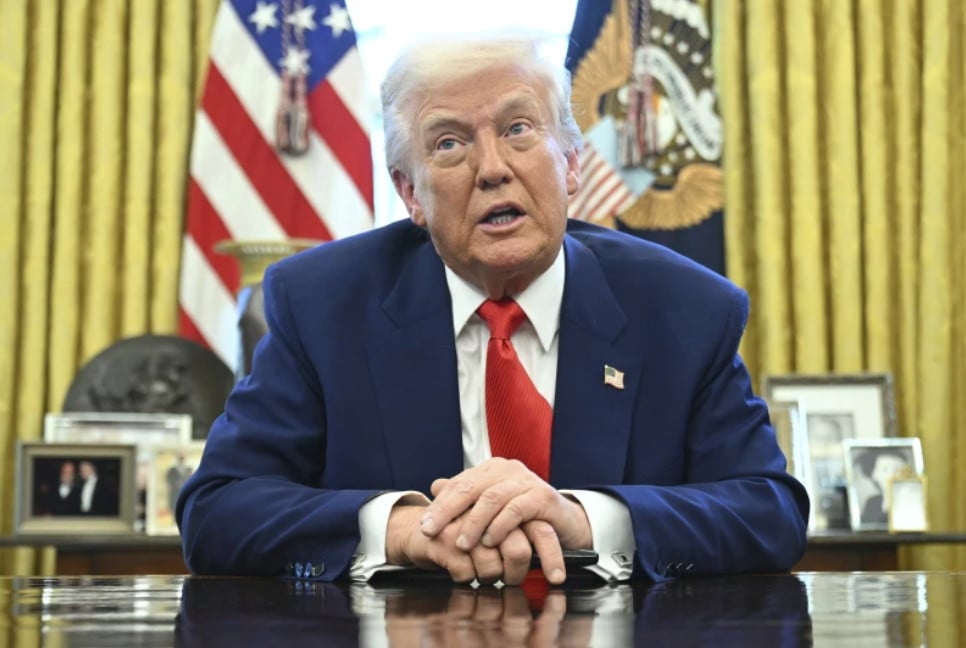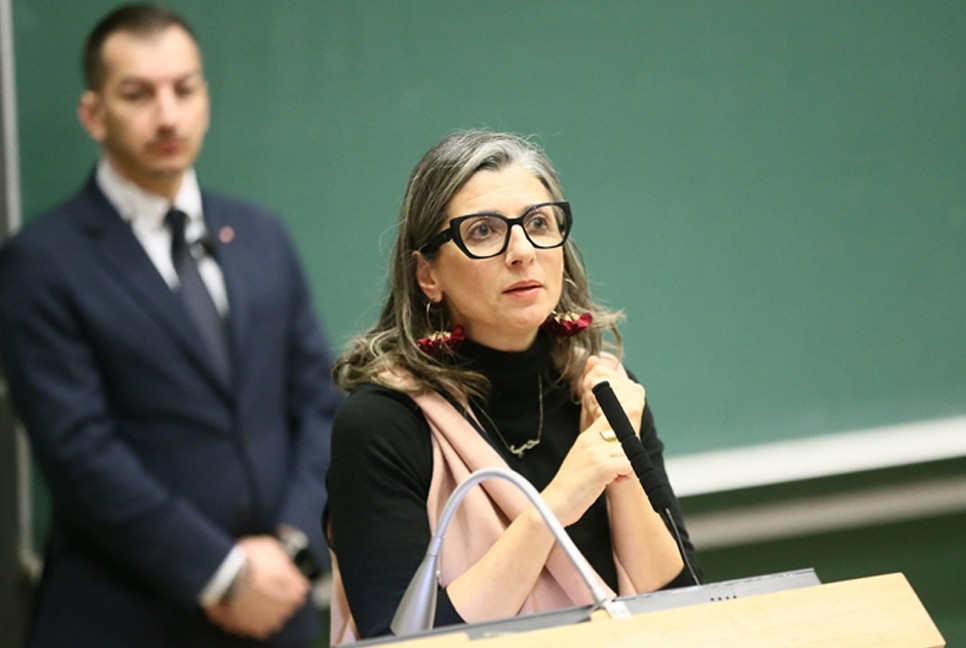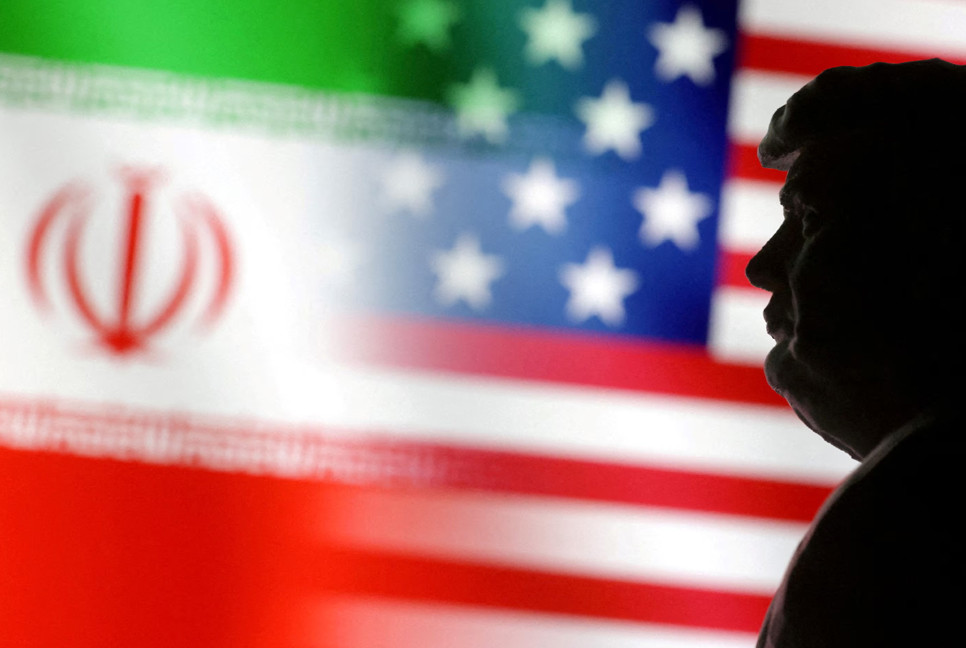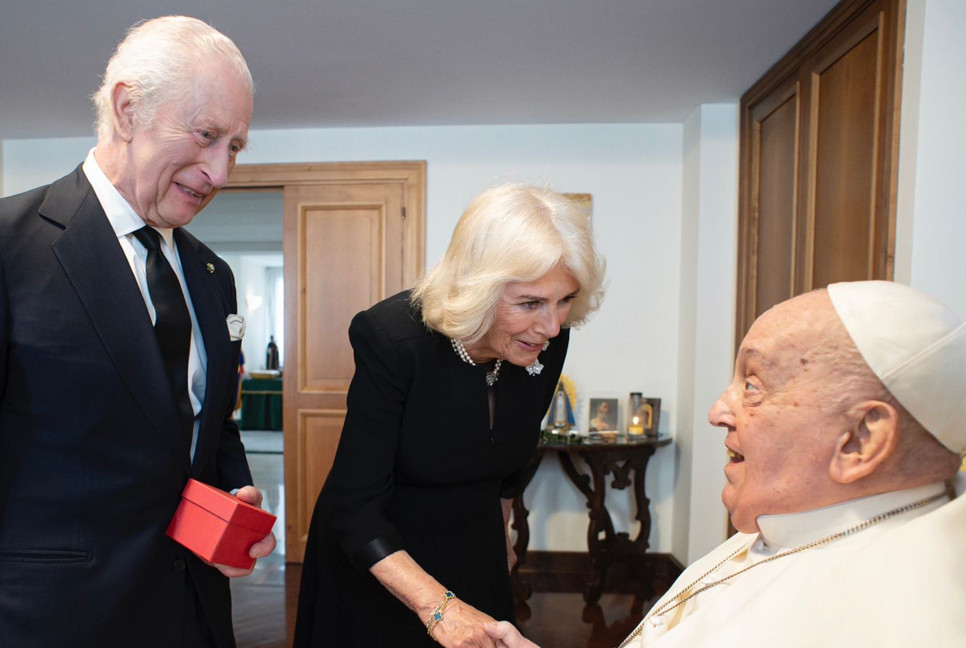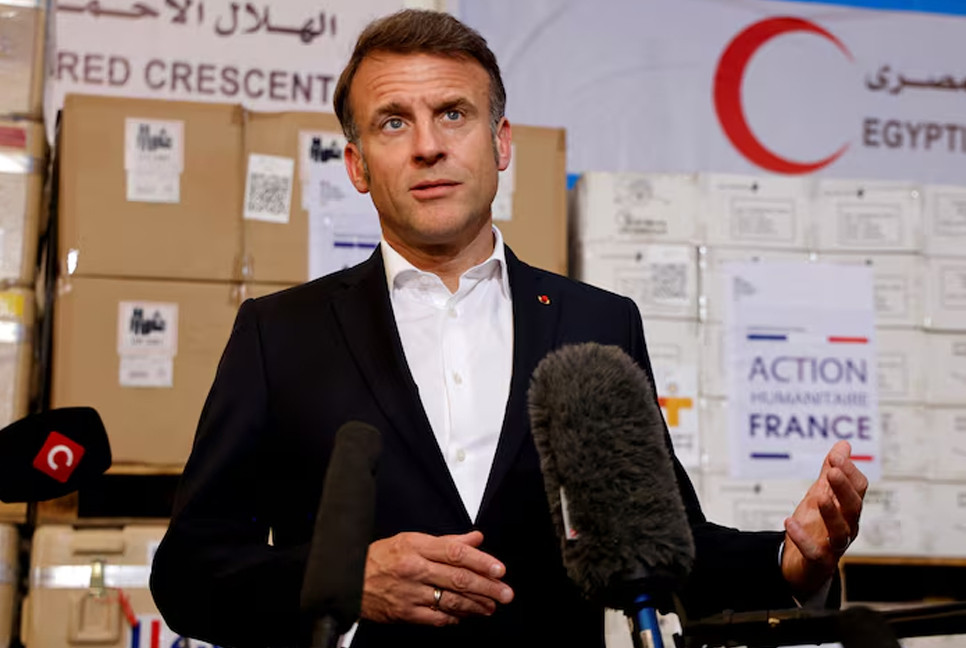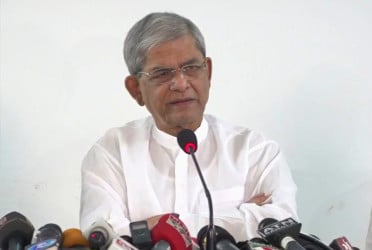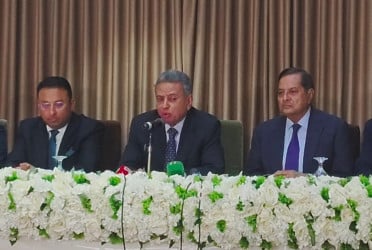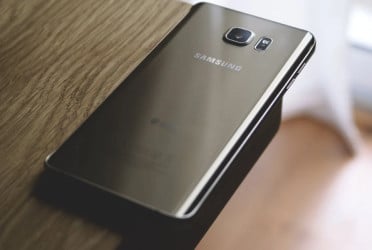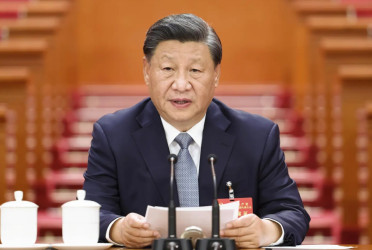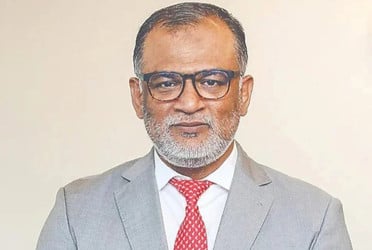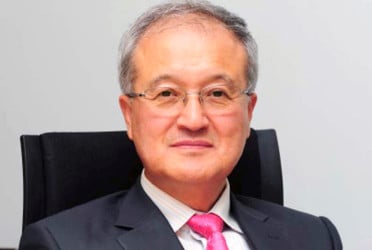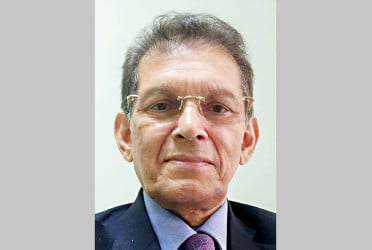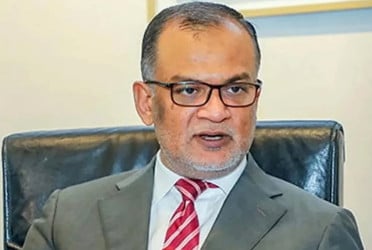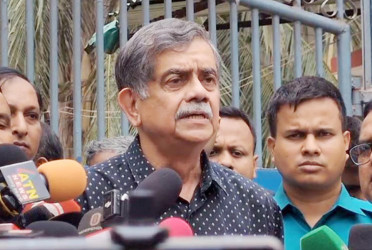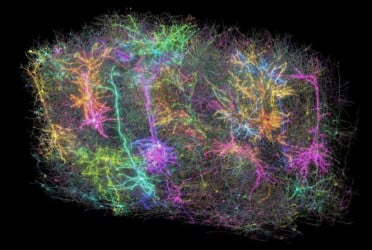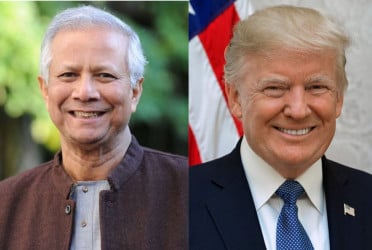Aafia Siddiqui, the Pakistani neuroscientist jailed in the US, has expressed hope for her release after "new evidence" emerged suggesting her innocence. Siddiqui, once dubbed "Lady al Qaeda" by critics, was convicted in 2010 for attempting to kill an FBI agent in Afghanistan, a charge she has long denied. Now 52, she has been serving an 86-year sentence, but her legal team, led by Clive Stafford Smith, has presented a 76,000-word dossier to President Joe Biden, urging him to issue a pardon before Donald Trump's inauguration on January 20, 2025; reports Sky News.
Siddiqui's lawyer argues that the evidence against her is flawed, citing errors in the intelligence that led to her initial designation as a suspect. According to Stafford Smith, Siddiqui was wrongfully identified as a nuclear physicist working on a bomb for al Qaeda. He contends that she was an academic in education, not a terrorist, and was subjected to wrongful detention and torture. "She’s no more of a terrorist than I am," Stafford Smith has stated.
The case is complicated by allegations of her extraordinary rendition in 2003, when she was abducted in Pakistan and allegedly handed over to the CIA. She was then subjected to interrogation at Bagram Air Base in Afghanistan, where she became the only woman to experience the CIA’s full rendition and torture program. During her trial, the judge dismissed claims that US agencies had detained her prior to her arrest in 2008, citing a lack of credible evidence.
Siddiqui’s supporters maintain that she has been the victim of a political vendetta. In a rare interview with Sky News, Siddiqui expressed hope for her release: "I am a victim of injustice, pure and simple. Every day is torture... it is not easy," she said. Her sister, Fowzia, has spent nearly two decades advocating for her freedom, calling the case a "very bad cover-up" and insisting that Aafia is innocent. Fowzia has also worked to raise Siddiqui's three children, who were allegedly abducted along with her in 2003.
While her lawyer focuses on errors in the intelligence and the lack of evidence, CIA whistleblower John Kiriakou, who worked in counterterrorism, has described Siddiqui as a "capable and dangerous" figure, asserting that she had "terrorist sympathies." He also claimed that the CIA had no knowledge of her extraordinary rendition during his tenure but acknowledged that intelligence agencies frequently got things wrong.
With President Biden’s term winding down, the Siddiqui family continues to hold out hope for a pardon, especially before the transition of power to Trump. Siddiqui’s case remains a flashpoint in the ongoing debate over the treatment of detainees during the War on Terror, with supporters calling for a review of her conviction and continued efforts for her release.
Bd-pratidin English/ Jisan

